Try though I may, I’m still not seeing what others seem to see in Charles Chaplin. Granted, this, like the previous films I’ve seen from him, is an early effort, and I have hope that his later work will be better, but this feels like another forgettable film that is only worth watching because Chaplin starred in and directed it.
The plot, so far as there is one, is that an obnoxious man goes to the theater for a night of Vaudeville acts, and acts disruptive. Why he isn’t thrown out we’ll never know, but despite stealing seats from other patrons, punching the conductor, members of the orchestra, ushers, and other theater-goers, going on stage and assaulting performers and the stage manager, and doing various other things, he’s left to roam the theater at will, and sit where he wants. He throws pies, gets in fights, and is generally disruptive. A subplot— I guess you can call it that— features Chaplin as a tramp, sitting in the nosebleeds with the other poors, pouring beer on the patrons below, and eventually turning a firehose onto the performers and audience. The film ends with the obnoxious Chaplin being sprayed with water from the hose.
Chaplin acts very aloof, almost to the point of seeming dazed. Nothing he does quite makes sense, and it all feels very random. The film is full of pratfalls, pies to the face, and other shenanigans and sight gags that no doubt delighted audiences in 1915, but I was left feeling like I wanted more. On the other hand, I haven’t yet seen any comedies that felt fully formed, and I feel like comedy was lagging well behind drama and action at this point in cinematic history. Directors and screenwriters had yet to find their footing when it came to bringing laughs to the big screen; or, modern tastes are so different that the directors of the era were knocking it out of the park in terms of what their audiences wanted, and it’s only my modern sensibility that is making me think they were missing the mark.
I watched this on YouTube.
My indifference towards this film reminds me of something I’ve been meaning to mention almost since the my first podcast, and something I assume would show up in a comment were anyone to comment on my podcast. As an aside, do feel free to comment. I realize podcasts don’t generate much in the way of audience interaction due to how they are consumed, but I’d love to see some discussions below the written transcripts of the podcasts.
Back to my point— if there were comments, at some point someone would ask me why I don’t have a rating system in place for films. My answer: I don’t know how to rate films. I can tell you I liked a film, or even loved it, but I find it very difficult to compare films, which is what ratings inherently do. If I rate films on a scale of 1 to 5, the implication is that two movies rated 5 are about equal, which is seldom the case. I’d give all sorts of films a 5, meaning Citizen Kane and The Jerk would appear to be equal. I love both those films, but one is a much better Film with a capital F than the other; you can decide which. Wherever you stand on the Charles Foster Kane vs. Navin R. Johnson debate, the fact doesn’t change that 5 stars means something different depending on the movie, and it’s impossible to communicate what it means within a traditional film rating system. I’d love to hear what you think is the perfect system for rating movies. Maybe I’ll agree, and implement it.
Another problem is how to rate films that aren’t great films, but are great for what they are. A film can be great, but made on a small budget, or belong to a niche genre, and can’t compete with an Important Film from a Big Studio, which means it was doomed to never earn a 5 from the get-go. Or, do I rate films based on how great they are within their realm. Something like a Godzilla film comes to mind. Shouldn’t the very best kaiju film be rated 5? It’s the best it can be. Or, should it be capped at around a 3, since even the best Godzilla film can’t hold a candle to Fellini’s best work? Something seems wrong with a system where a movie can’t receive a top mark simply because of the type of movie it is.
So there you have it, the reason why I’m not rating these films.
Next I’m watching The Cheat [1915], directed by Cecil B. DeMille.




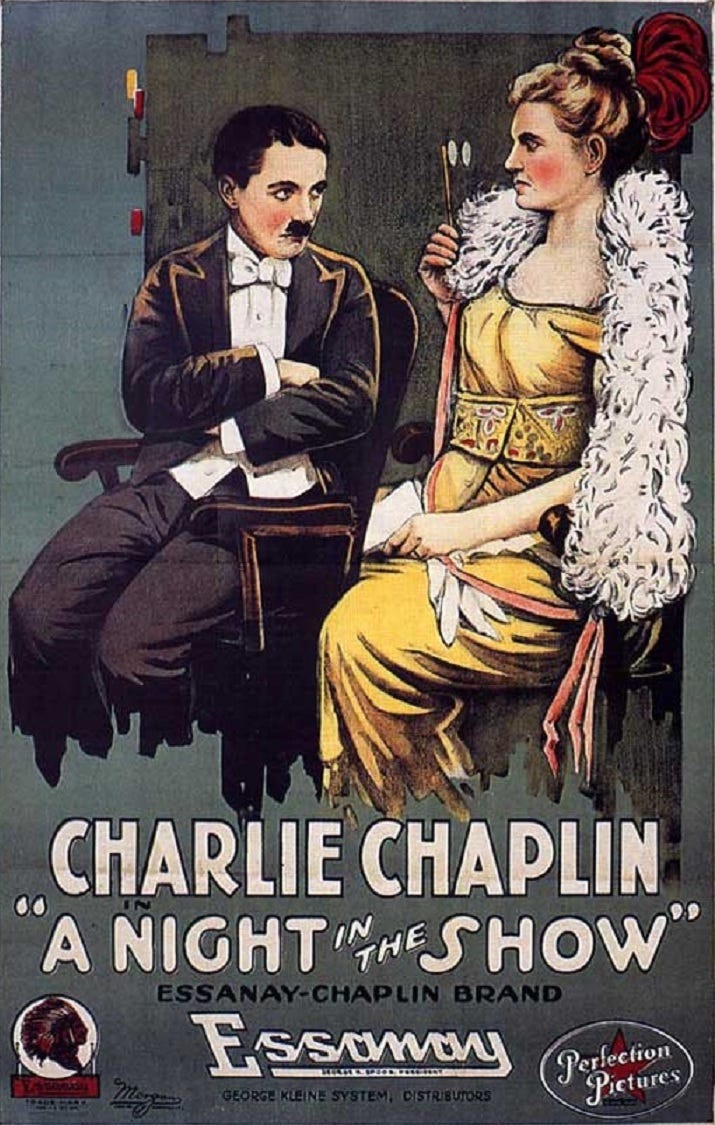
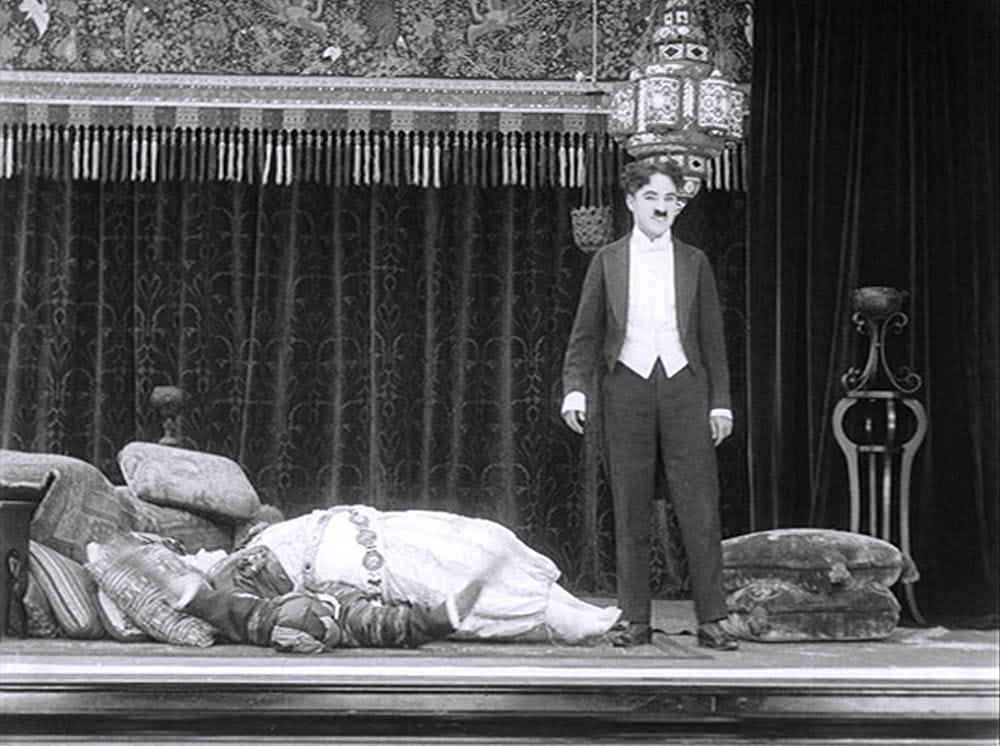

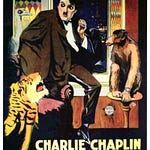
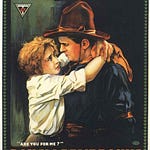
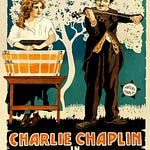

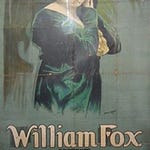
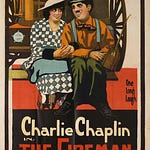

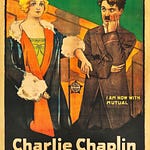
Share this post